All Stories
-
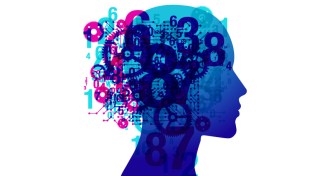 Artificial Intelligence
Artificial IntelligenceA new AI acquired humanlike ‘number sense’ on its own
A new artificial intelligence seems to share our intuitive ability to estimate numbers at a glance.
-
 Science & Society
Science & SocietyCelebrating scientists who ask big questions
Editor in Chief Nancy Shute discusses scientists who are asking important questions for society.
By Nancy Shute -
 Ecosystems
EcosystemsReaders were curious about green icebergs, aliens and more
Readers had questions and comments about icebergs and climate change, CBD and NASA’s search for E.T.
-
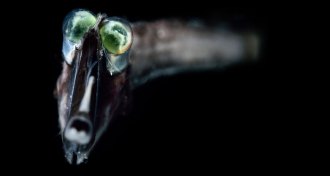 Animals
AnimalsDeep-sea fishes’ eye chemistry might let them see colors in near darkness
An unexpected abundance of proteins for catching dim light evolved independently in three groups of weird deep-sea fishes.
By Susan Milius -
 Earth
EarthOnly a third of Earth’s longest rivers still run free
Mapping millions of kilometers of waterways shows that just 37 percent of rivers longer than 1,000 kilometers remain unchained by human activities.
-
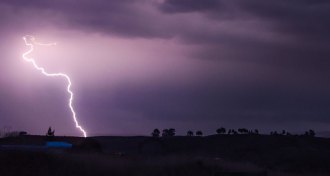 Archaeology
ArchaeologyAncient South American populations dipped due to an erratic climate
Scientists link bouts of intense rainfall and drought around 8,600 to 6,000 years ago to declining numbers of South American hunter-gatherers.
By Bruce Bower -
 Health & Medicine
Health & Medicine50 years ago, scientists tried to transplant part of a human eye
In 1969, a doctor tried and failed to restore a 54-year-old man’s vision. Fifty years later, scientists are still struggling to make eye transplants work.
-
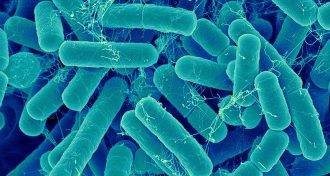 Life
LifeA gut bacteria transplant may not help you lose weight
A small study finds that transplanting gut microbes from a lean person into obese people didn’t lead to weight loss, as hoped.
-
 Astronomy
AstronomyDying stars called collapsars may forge much of the universe’s gold
Spinning stars that collapse into black holes could help explain the origins of heavy elements such as gold and silver.
-
 Physics
PhysicsWhat a nearby kilonova would look like
Physicists imagined what we’d see in the sky if two neutron stars collided just 1,000 light-years from Earth.
-
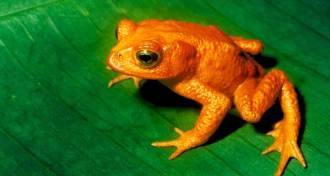 Life
Life1 million species are under threat. Here are 5 ways we speed up extinctions
One million of the world’s plant and animal species are now under threat of extinction, a new report finds.
-
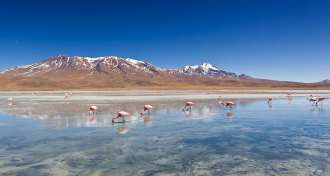 Earth
EarthThe search for new geologic sources of lithium could power a clean future
Futuristic clean-energy visions of electric vehicles are driving the hunt for lithium.